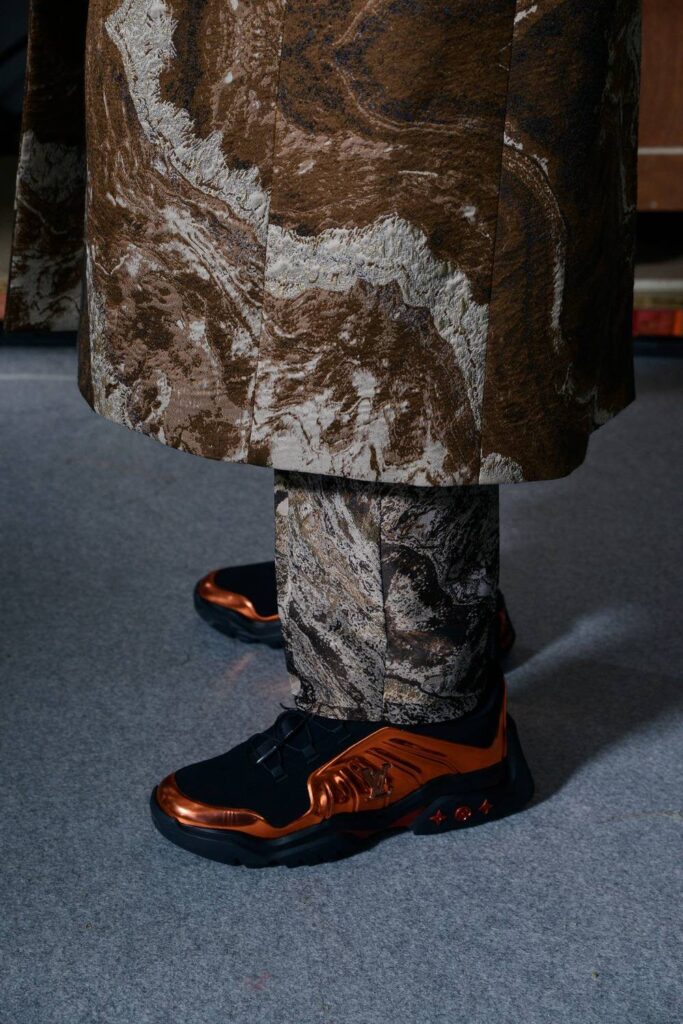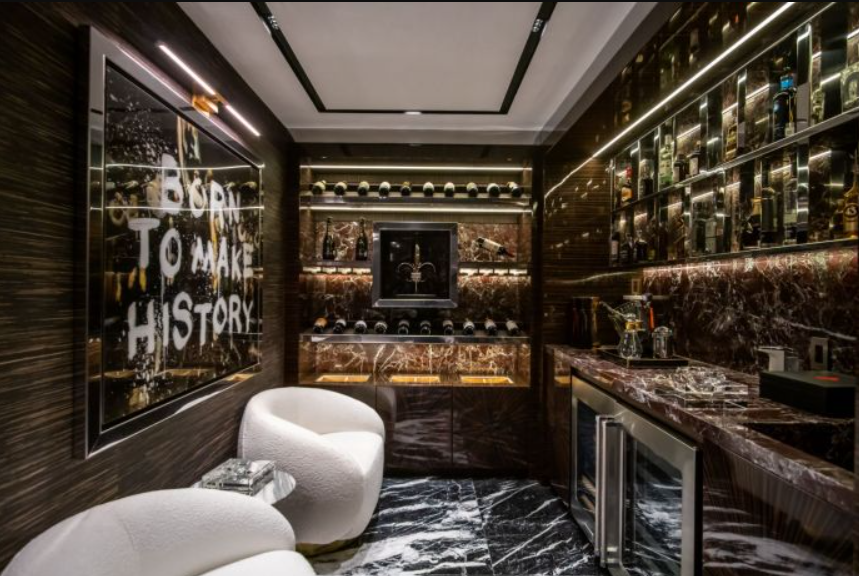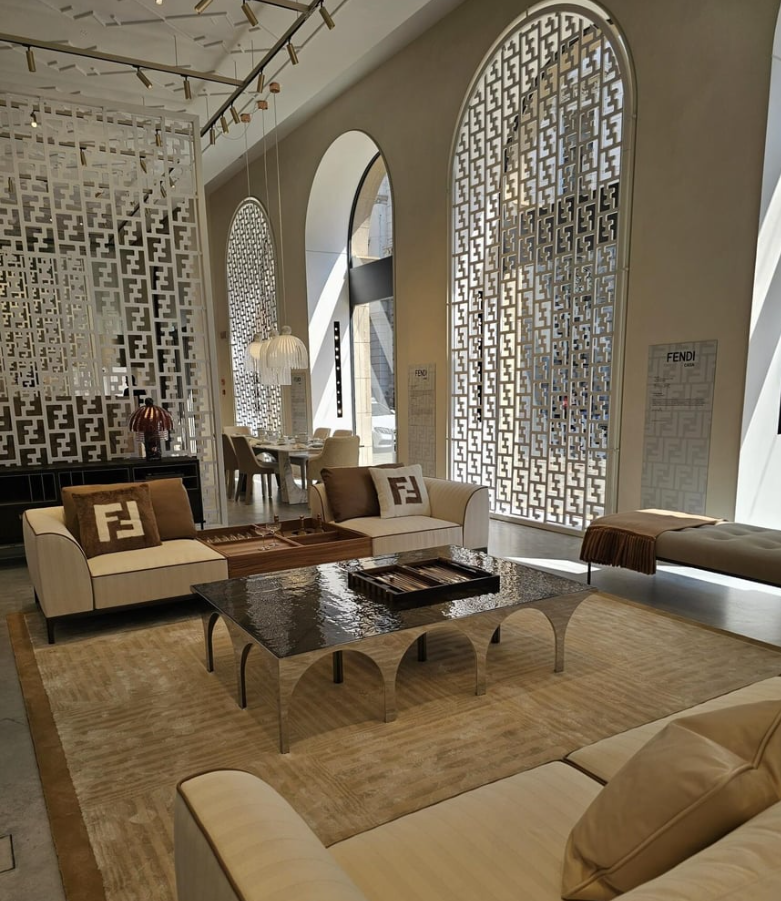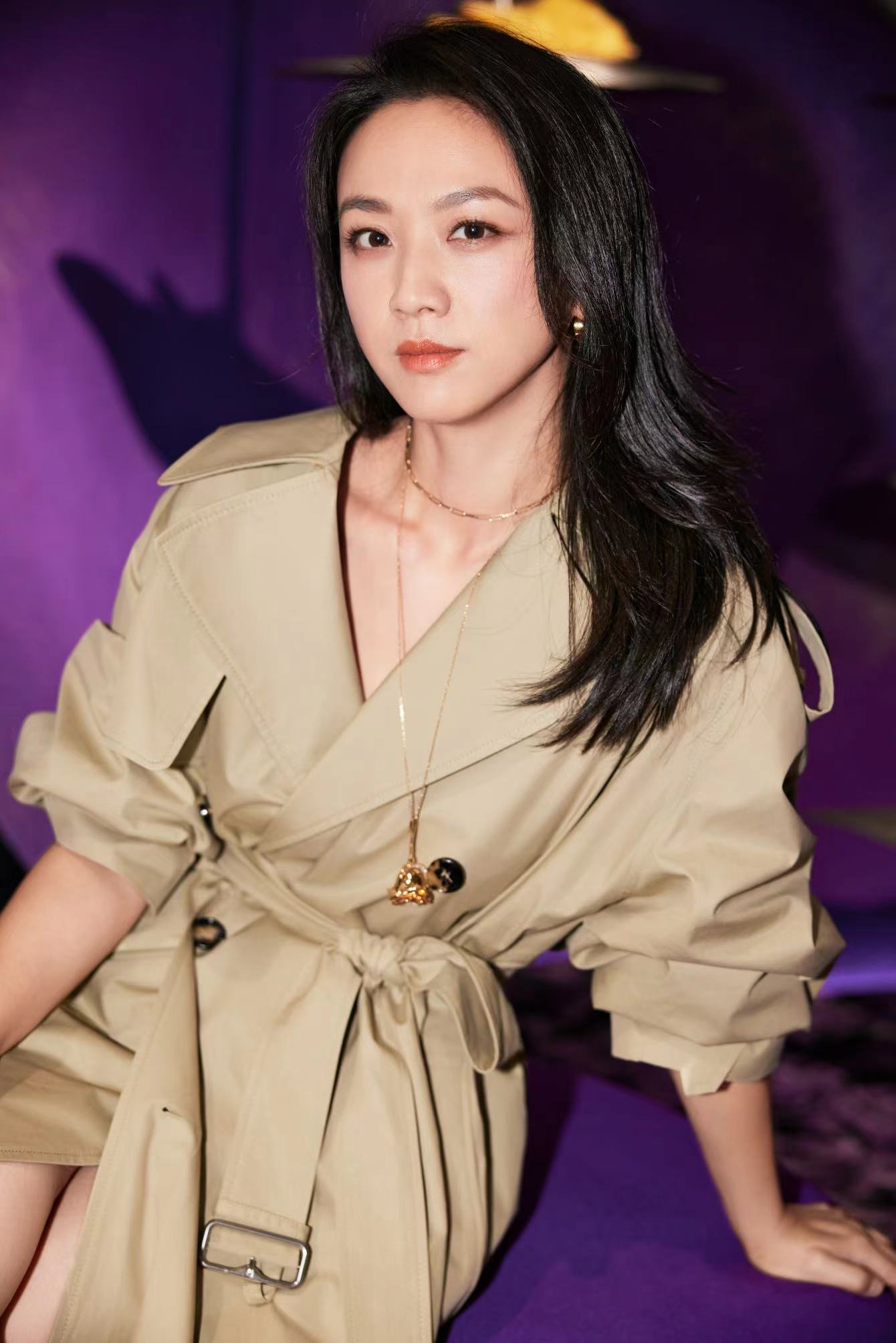The fashion and furniture designer, DJ, architect, creator of Off-White, artistic director of Louis Vuitton Homme, and idol of Generation Z, Virgil Abloh, has made diversity the center of his practice, as he masterfully demonstrates in his most recent runway-show video for the menswear collection. To guarantee assortment across the board, he established the Postmodern Fund to support black fashion students.
Virgil Abloh has expanded his ideas beyond fashion since starting his brand Off-White in 2013, solidifying his status as a visionary rather than just a designer. The Rockford, Illinois-born celebrity of Generation Z excels in every field, including music, fashion, design, art, and architecture. With a postmodern perspective, he conceives the creative industries in a new light, deftly fusing disciplines with allusions to art and culture to reimagine our times. He encourages work that draws its cues and borrows from existing parts of our society rather than producing collections, furniture, or artworks from his subjectivity.

Indeed, he started expressing himself as a teenager through his employment as a DJ, where he mixed music and reworked sounds to create new works. This talented artistic director approaches his work similarly to an electro-music producer, beginning with prototypes and samples and giving them a fresh appearance. A key element of hip-hop since its inception in the late 1970s, sampling—which involves creating a song from fragments of previously released music—became popular in the 1990s when a variety of performers began quoting other people’s songs or lyrics in unexpected ways, frequently alluding to their broader cultural significance. After we talked to him, Abloh agreed. Maybe the rise of hip-hop serves as a paradigm for democratizing the arts. To compose with these cultural bits, or samples, is to realize that the possibilities for invention are endless. Nothing is made in a vacuum, so every artist draws inspiration from those who came before them and those they admire, building their work upon this legacy. In the notes accompanying his debut Louis Vuitton runway show, Abloh stated that “three percent novelty is enough to completely transform an existing garment or accessory.”

His work is now on display at the Art Institute of Chicago, and the most prominent art journals have profiled him. He has been asked to speak about his vision at esteemed colleges like Harvard. Everyone is vying for a piece of this captivating speaker, representing a time when popular and academic culture mergemergemerges with the abundance of information and visuals that define our digital era. Abloh conducts cross-disciplinary assessments of creative domains and is a thinker and even a prophet for a world-changing new paradigm. His most remarkable talent is his innate sense of Zeitgeist and his capacity to sense the illusive “spirit of the times.”
He’s so good at spotting what can intrigue, move, or speak to us in historical works of art because he has such a keen sense of what matters to us now. Abloh transposes the hip-hop community’s solidarity, wherein artists are welcomed to collaborate on each other’s albums by working with people he respects from various backgrounds, including famous businesses and other artists in his work. We may list Nike, Moncler, Converse, Ikea, Rimowa, Evian, and Ikea among his current relationships, and Takashi Murakami and Carsten Höller, two artists.
Off-White revealed a new initiative in February 2021 mirrored Abloh’s artistic style. To showcase his spring/summer 2021 collection, he invented a remarkable digital platform called Imaginary TV. It is similar to the music channel MTV he watched as a child in that it features videos created by global artists, including musicians, painters, and performers, in which he extends invitations to participate. Rather than lamenting the digital age as a disembodied world, Abloh views it as a remarkable instrument for connecting people and an exceptional means of highlighting characters or creations that need more recognition. Many African artists or personalities, like Letizia Galloni, a dancer at the Opéra de Paris and one of the cosignatories of the renowned “manifesto of diversity” that rocked the esteemed institution earlier this year, may be found on Imaginary TV. Abloh, whose family is from Ghana, intends to utilize his platform to help talented people from all backgrounds who have, far too frequently in the past, had their advancement hindered due to their skin color or cultural heritage.
The centerpiece of the runway presentation he conducted in January for the Louis Vuitton autumn/winter 2021 menswear collection was his dedication to advancing diversity. Naturally, the brand’s website streamed a film on the present sanitary issue. It had all the references that Abloh is known for, including a tribute to Mies van der Rohe, whom the artistic director, a qualified architect, finds highly inspiring. Reminiscent of a pop video, the outcome was commensurate with the talent of a guy who began his career in the music industry. A determined black guy holds an unidentified silver suitcase as he walks straight and stiffly across a minimalist area covered in green marble. Saul Williams, an African-American poet and songwriter, is the person in question. He is shown in a setting that is both exquisite and oneiric, where reality and fantasy seem to blend, like in a David Lynch movie. Williams strolls by silhouettes in suits or dress coats, some twisted with buttons shaped like airplanes or given fake folds that are unintentionally created, and eccentrically dressed models, such as the one wearing a silver mirror coat with the Vuitton logo all over it. Williams looks at these like a wise man surveying the world. “In the name of Akhenaton, [Frida] Kahlo, [Walt] Whitman, [James] Baldwin, [Allen] Ginsberg, [Patrice] Lumumba, Ghandi, [Billie] Holiday, [Miles] Davis, [John] Coltrane, [Toni] Morrison, [Janis] Joplin, [Jimi] Hendrix, [Duke] Ellington, [Federico] Fellini, Nefertiti,” declares Williams as he moves forward. The message conveyed by this captivating video runway display is as remarkable as its formal beauty. Abloh has stated that the essay Stranger in the Town, written by James Baldwin and published in 1953, inspired it. In it, Baldwin discusses his experience as an African American visiting the Swiss town of Loèche-les-Bains, where none of the locals had ever seen a person of color.
The fall/winter 2021 Louis Vuitton men’s runway bag
The fall/winter 2021 Louis Vuitton men’s runway bag
Even though the fashion industry has always welcomed diversity, Abloh is among the few black people who have attained the highest ranks. Furthermore, he no longer disguises his desire to support his community in light of George Floyd’s passing, Black Lives Matter, and the escalation of anti-racist demonstrations. Though it wasn’t reasonably said, this goal was evident in how he welcomed young Parisians, who embodied street culture, to his Off-White runway presentations. At his runway presentations during Paris Fashion Week, the full spectrum of young people rubs shoulders—more than just a select few members of the wealthy elite. This is an accurate depiction of contemporary French culture.
Abloh extended his search for inclusiveness in his spring/summer 2021 Off-White collection by challenging gender norms. He drew inspiration from how African men’s clothing frequently has variants on the skirt. However, should fashion only be happy to “show” diversity and flaunt its appreciation of uniqueness and inclusivity, or should it completely transform itself to guarantee that everyone has the chance to succeed, much like Off-White’s founder? Abloh sighs. “That will take a lot of time.” However, we’ll keep fighting to give voice to the voiceless so that the economic system eventually reflects reality. Fashion diversity is not a tactic used in marketing. Our goal is to provide a voice to the voiceless, enabling them to finally express their opinions on how they are portrayed, romanticized, and taken advantage of.
Abloh’s preference for teaming up with others is reminiscent of hip-hop. Still, his association with the genre is also significant because of the wave of diversity and change he is advocating for, which harkens back to the era of the 1970s when beatboxing, rap, DJs, breakdancing, and graffiti exposed a wide range of people from working-class and minority backgrounds. Furthermore, hip-hop was more of a political movement than a medium for artistic expression. This enormous boom inspired Abloh from the beginning and helped him take streetwear to the pinnacles of luxury manufacturing. However, does advocating for diversity always equate to radicalism? “Being honest is more important to me than being radical,” Abloh says. “Honest about the world’s history as it is, not as we have been told it is for all these years.” It’s a comprehensive strategy. Diversity is not only a bonus that I incorporate into my work but also a crucial element. That’s evident in the narratives I tell, the pictures I make, and the individuals I work with.
With the help of the Fashion Scholarship Fund, Evian, Farfetch, Louis Vuitton, and Abloh, he generated $1 million in scholarship scholarships for Black students studying fashion. This spirit led to the creation of the Postmodern Fund. On the Fashion Scholarship Fund website, he states, “I’ve always been passionate about giving the next generation of students the same foundation for success that was given to me.” The maxim of a man who firmly believes in the power of difference is to use his position to open doors for others rather than close them. He informed us that diversity goes beyond issues of gender and race. It comes down to experience. It offers fresh perspectives. And it would be beneficial if the fashion industry paid attention to them and adopted their ideas.
Conclusion
- Virgil Abloh, a renowned fashion designer, DJ, and artistic director, has made diversity a central focus of his work, establishing the Postmodern Fund to support black fashion students and consistently promoting inclusivity across creative industries.
- Abloh’s creative approach, influenced by a postmodern perspective, involves drawing inspiration from existing cultural elements, much like the sampling technique in hip-hop, aiming to transform and innovate with just a small percentage of novelty.
- Through initiatives like Imaginary TV and runway presentations, Abloh leverages digital platforms to connect global artists, showcasing diverse talents and providing a voice for individuals from various backgrounds who may have been hindered by skin color or cultural heritage.
- Abloh’s commitment to diversity extends beyond fashion, as seen in collaborations and initiatives like the Fashion Scholarship Fund, reflecting his belief in using his position to open doors for the next generation and emphasizing the importance of diversity in both experience and perspective within the fashion industry.








